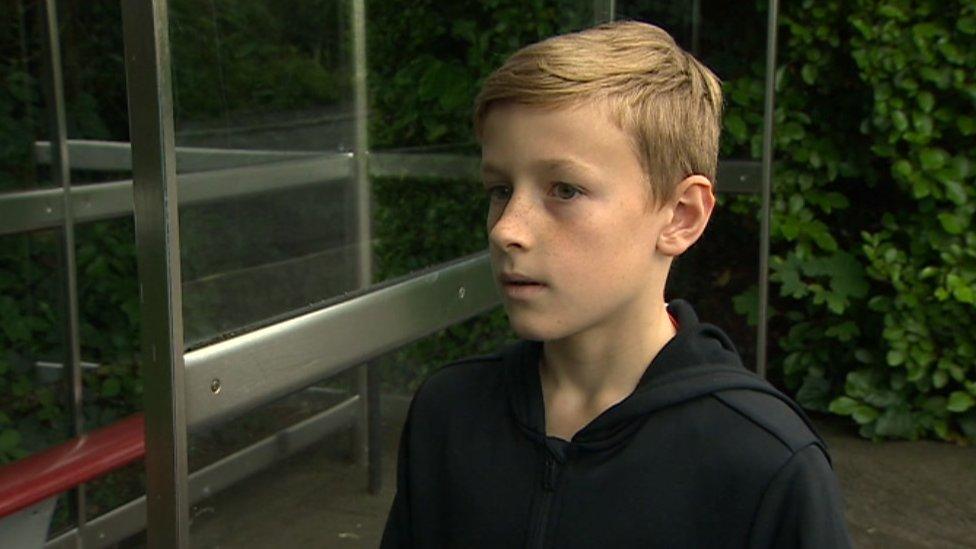Maesteg: Girl misses out on free school bus by 160m
- Published
Claire says it's a "disgrace" that her daughter is being refused free bus travel.
A woman whose daughter missed out on a free school bus by 0.1 miles has called the policy "a disgrace".
Bridgend council offers free transport to primary school pupils who live more than two miles (3.2km) from school.
But Claire Jones, from Nantyfyllon, and her seven-year-old daughter, live 1.9 miles from the school, meaning they are ineligible for free bus travel.
Bridgend council said it has one of the most generous travel policies in Wales and met Welsh government requirements.
Claire said her daughter Seren has been a student at the school for three years and used to get free transport, but was told she was ineligible after returning after October half-term.
She said she offered to pay for transport for her daughter, but was refused, and might have to give up work as there was no safe way of taking her daughter to school - about a 40-minute walk away.
She said: "It's a disgrace, everyone in the Maesteg area is having the same issue - nobody understands why this is happening.
"I am a working parent and leave the house at 06:45 GMT and am not home until after 17:00, and nothing is being done to help."

Claire has to often pay a childminder to take her daughter to school because of the lack of free transport
Seren's grandmother Julie, works as a carer and helps her out with childcare, and said she already had to drop her shifts as a carer to help with her granddaughter.
The family said having a Catholic education was very important to them, so changing schools was not an option.
"It's awful, we are a Catholic family, and we want her to have a Catholic education," she said.
"We want her to go to the school, Claire, I and my mum went to, but I feel we're being told to put up with it and that's the way it's going to be."

Emily Roberts says the lack of free transport could be an issue for her family when her eldest daughter goes to secondary school
Emily Roberts, from Maesteg, has two daughters who are pupils at the local Welsh language primary and said being within the two-mile radius for primary schools and three miles for secondary schools could have an impact on them in the future.
"We could be in a situation where we have to walk the two children to different schools at the same time, I can't be in two places at once," she said.
Ms Roberts said she was considering moving the children to an English language school so they get free transport.
Another parent, Lisa Marie, said walking to school meant navigating blocked junctions with no safe crossings and unsafe pavements, forcing children to walk in the roads.
She added that buses were driving past half empty as children were not allowed to use them unless they had an older sibling already on them.
Huw Budd, also from the area, said his son was due to start comprehensive school in September and would have to walk about three miles to get there.
"The council is arguing it is less than that, so he isn't entitled to free school transport - something needs to be done about this," he said.

Parents across the county say they are frustrated about the situation
Huw Irranca-Davies, MS for Ogmore, said local authorities needed to make sure that walks to school are safe and achievable for children.
He said: "You very often can't go the direct route, you then have to look at taking a safe route, so it's not just looking at the route on a map as a bit of desk research, but looking at what it actually means to walk it."
The Welsh government said: "A detailed review of the Learner Travel (Wales) Measure is due to take place soon, it will include consideration of the threshold of home to school travel and transport for learners to Welsh medium education."
Bridgend council said: "Our revised Home-to-School Transport Policy, which was introduced in September 2016, meets all of Welsh government's legislative requirements.
"In situations where a child does not meet the eligibility criteria for free school transport, parents have a legal responsibility to make suitable travel arrangements between home and school for their children."

CHALLENGING MISCONCEPTIONS: Life in Britain’s biggest special school
BORN DEAF, RAISED HEARING: What it means to live in two different worlds

- Published12 December 2022
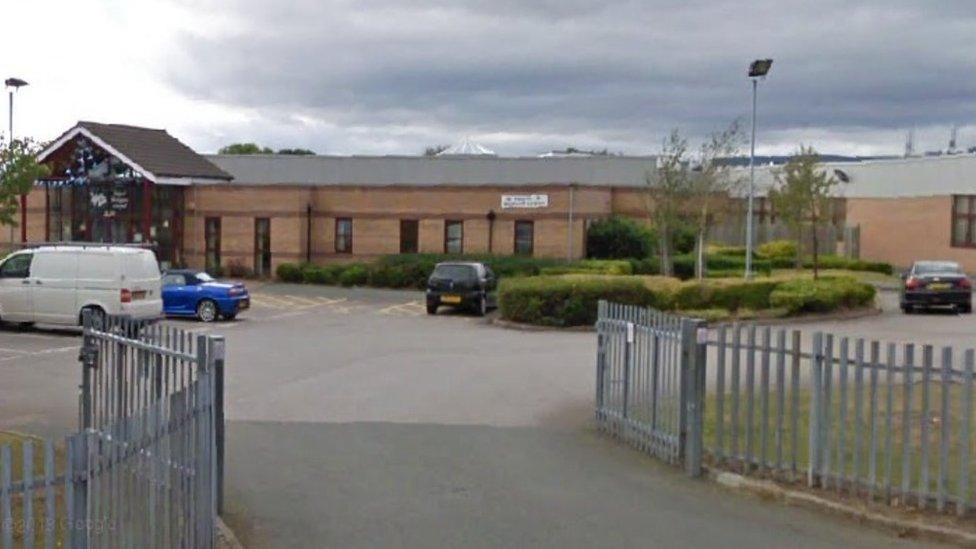
- Published25 October 2022
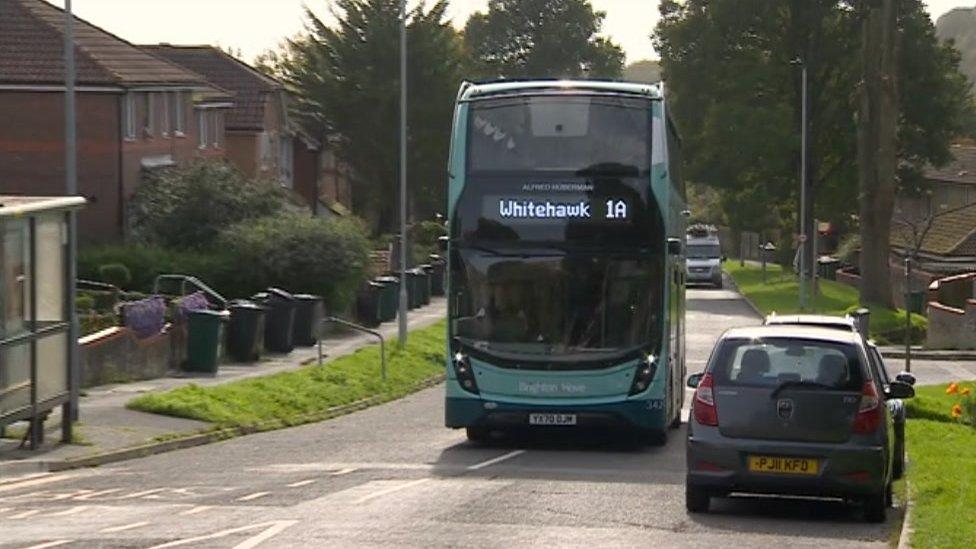
- Published22 October 2022
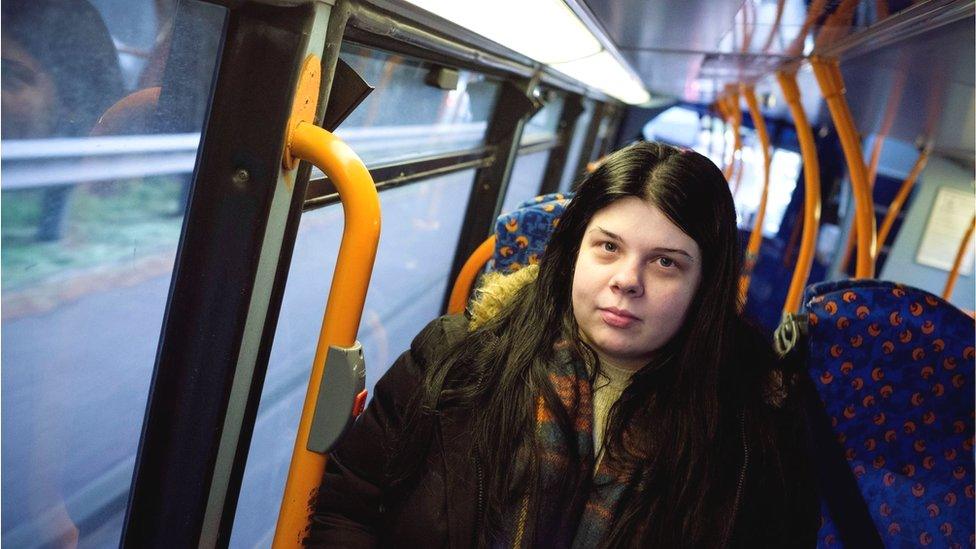
- Published17 August 2022
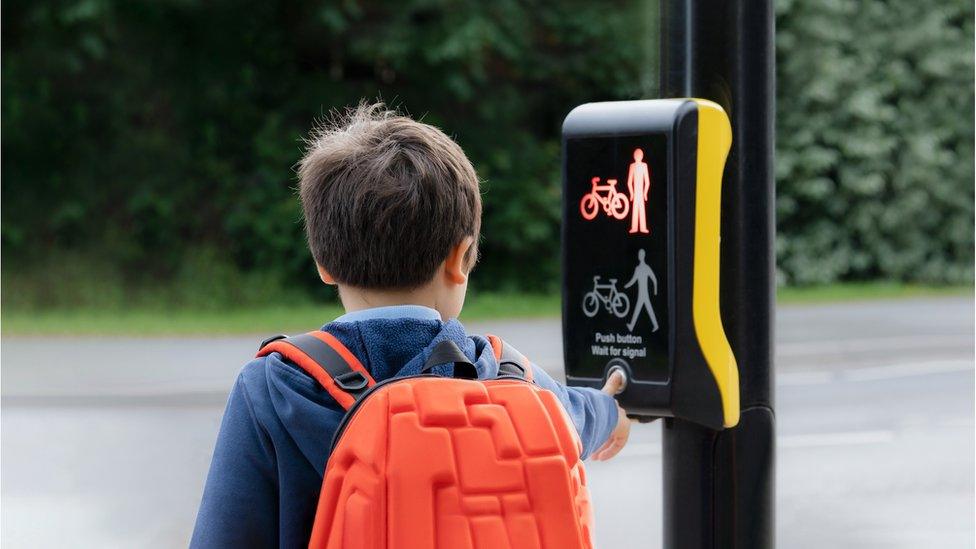
- Published30 August 2019
